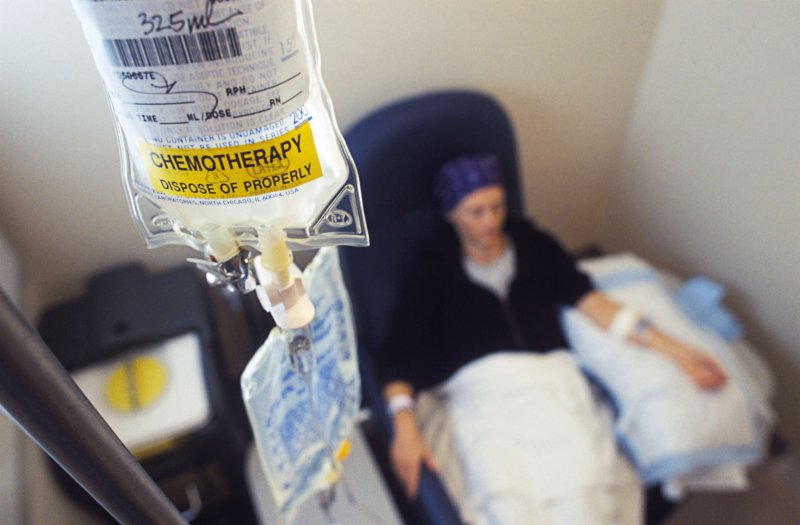Researchers from the UK have just reported that the gut microbiota plays a role, both directly and indirectly, on the toxicity and efficacy of chemotherapy.
It’s a complicated process, but one that may eventually be exploited for the benefit of cancer patients receiving chemotherapy.
…
[The researcher from the] Department of Surgery & Cancer at Imperial College London use the acronym “TIMER” to describe key mechanisms in gut bacteria.T Is for Translocation
In translocation, both beneficial and disease-causing bacteria are moved through the gut into the blood where they can affect the whole body.
I Is for Immunomodulation
Several good gut bacteria help the immune system work better in response to tumors. Lactobacillus, for example, can help signal the accumulation of immune cells that fight tumors.
M Is for Metabolism & E Is for Enzymatic Degradation
Sorivudine, an antiviral drug, is sometimes given with chemotherapy drug 5-fluorouracil. After the death of 16 patients in Japan, it was discovered that these two drugs can cause a fatal drug-to-drug interaction—and it’s due to bacterial enzymes.
R Is for Reduced Diversity
Some chemotherapy drugs, especially methotrexatec, can reduce beneficial bacterial like Firmicutes, Actinobacteria, Proteobacteria, Streptococci, and Bacteroides.
[The study can be found here.]The GLP aggregated and excerpted this blog/article to reflect the diversity of news, opinion, and analysis. Read full, original post: How Gut Bacteria Can Make Chemo More Effective
For more background on the Genetic Literacy Project, read GLP on Wikipedia.































